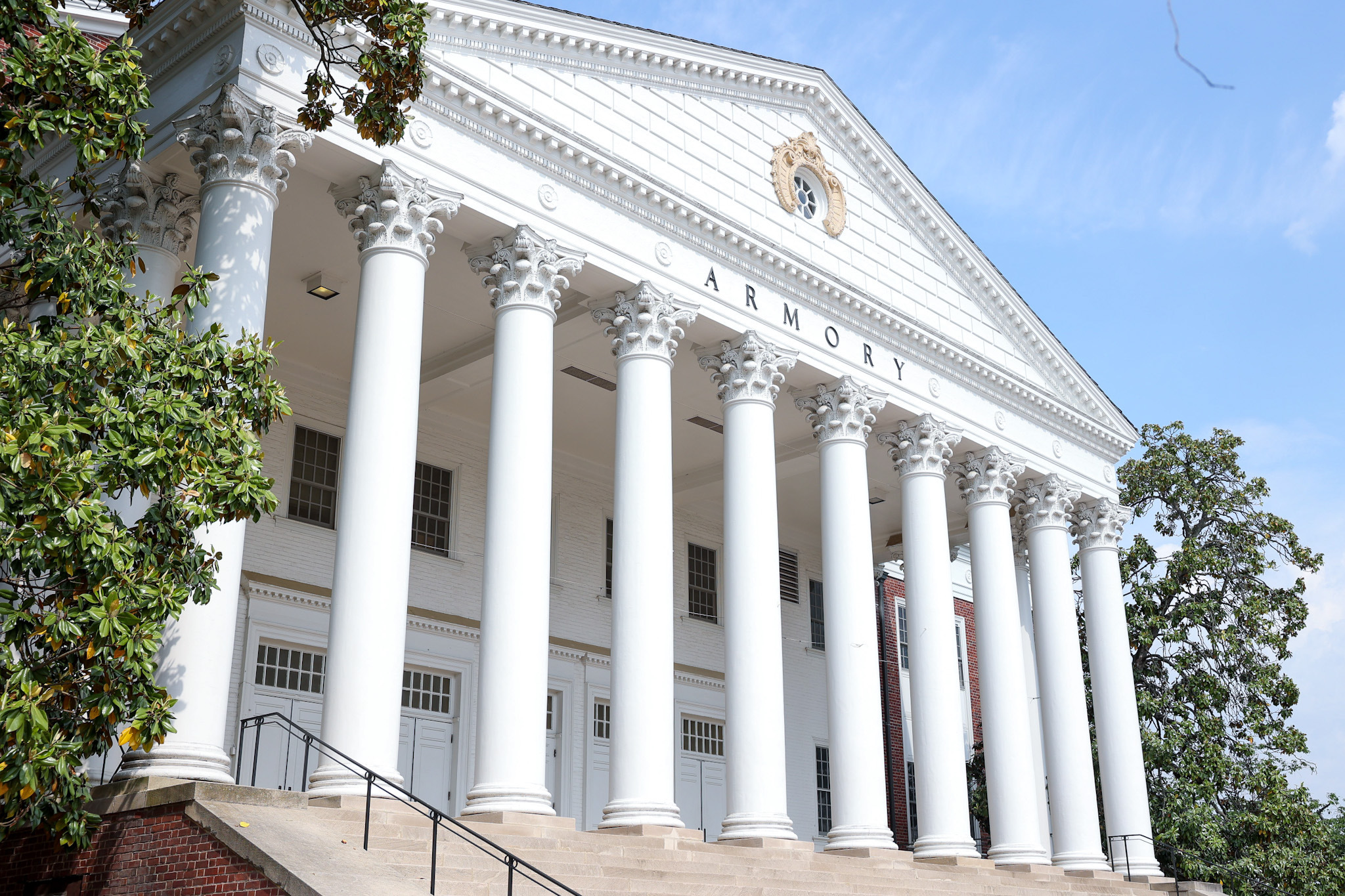By Danielle Hodes
For The Diamondback
After two years of cancellations due to COVID-19, the NPHC Block Show successfully kicked off May 7 at the Reckord Armory Gym, a last minute change in location due to rain.
The event brought Black organizations on the campus together to celebrate their culture and community.
The event brought together Black sororities and fraternities by way of dance and music. Dance groups put on powerful hip hop, lyrical and modern dance performances for attendees to enjoy.
[UMD to build the Agora, a community space for people of color in Greek life]
Senior communication and Italian major Alexis Jackson attended the last in-person Block Show.
“It’s really good that it’s back and that we can all come together and celebrate our culture and our organization,” Jackson said.
Black students at this university look forward to the Block Show every year because it is an event solely highlighting Black students, Jackson said.
Those performing at the event were grateful for the opportunity to return to the stage. Freshman journalism major Sierra Lucier of the Dynamic Dance Team said, “I really missed dancing and it’s really good to interact with people, make new friends again.”
The event also celebrated the 50th anniversary of the NPHC on campus, calling for NPHC alumni to return to the campus.
Tyrone Johnson, 1989 graduate and alum of Phi Beta Sigma was grateful for the opportunity to meet younger generations. Johnson was the president of the NPHC and helped found the very first outdoor Block Show. He has watched it evolve through the years.
[Black History Month should be a catalyst for change, not a commodification of history]
“It’s a little more exciting now, a little more dance routines than the regular stepping they used to do back in the day,” Johnson said.
Johnson was most proud to see the fraternities and sororities still representing the same organizations and running the same events that he did as a student.
While the Block Show brings recognition to the Black community, Lucier believes events such as these are important across the entire university.
“I just think it’s important to let every group represent themselves,” Lucier said. “[I want] every group [to] have a chance to feel welcomed.”



